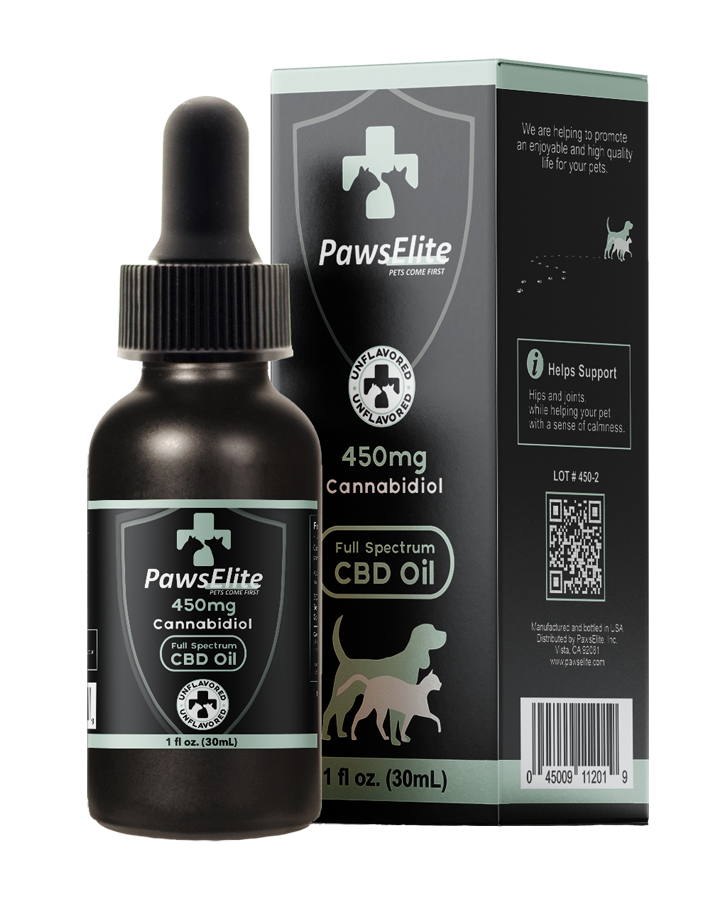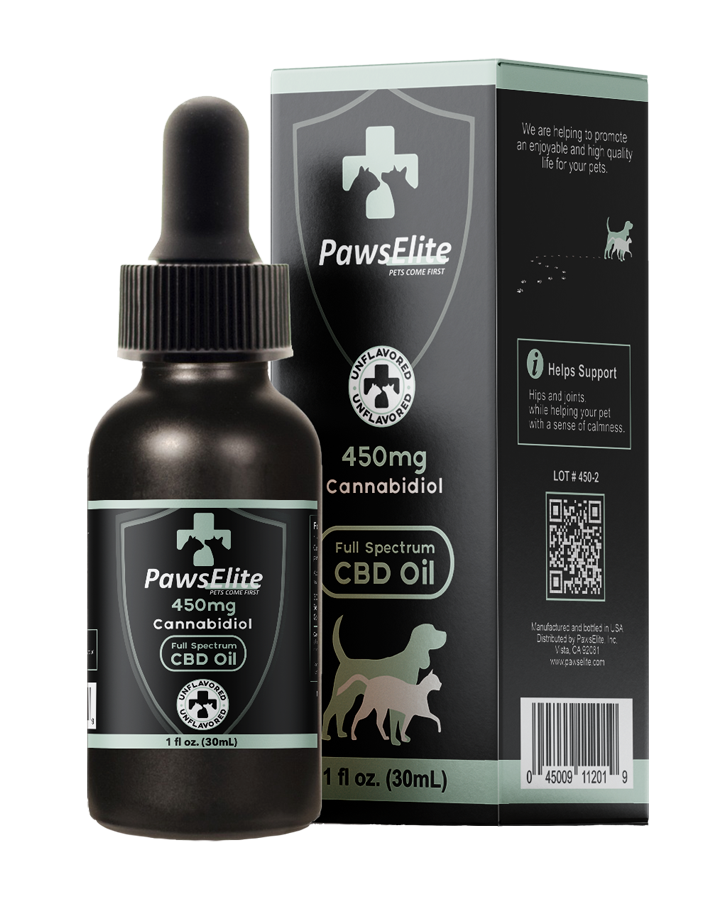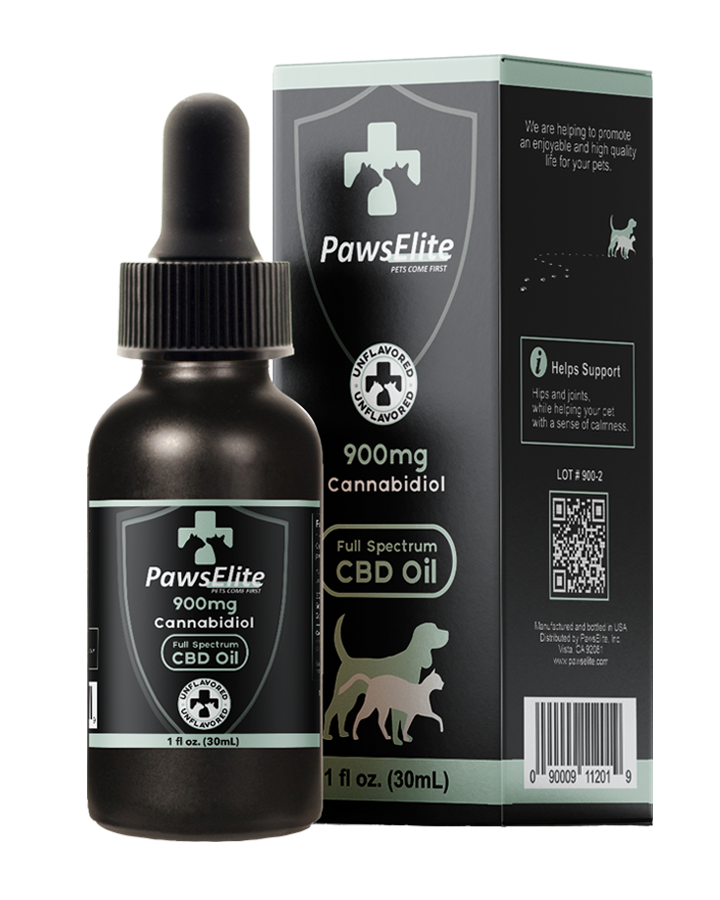A Guide to Preventative Pet Care: Keeping Your Pets Happy and Healthy
Share
Preventative pet care is essential for ensuring the well-being of your furry companions. By adopting a proactive approach, you can help your pets avoid health problems and enjoy a longer, happier life. This guide will walk you through the key aspects of preventative care, offering practical tips and advice.
Regular Vet Visits
Routine veterinary check-ups are crucial for detecting health issues early. These visits allow your vet to monitor your pet’s overall health, update vaccinations, and perform necessary screenings. Early detection of diseases can significantly improve treatment outcomes and reduce the risk of complications.
During these visits, it’s important to discuss any changes in your pet’s behavior, diet, or activity levels with your vet. This information can help identify potential problems before they become serious.
Proper Nutrition
A balanced diet is vital for maintaining your pet’s health. Ensure that your pet’s food meets their nutritional needs, which vary based on age, size, and breed. High-quality pet food provides essential nutrients that support growth, energy, and overall health.
Avoid feeding your pet table scraps or foods high in fat and sugar, as these can lead to obesity and other health issues. Consult your vet for recommendations on the best diet for your pet.
Regular Exercise
Exercise is important for your pet’s physical and mental well-being. Regular physical activity helps maintain a healthy weight, reduces the risk of chronic diseases, and keeps your pet mentally stimulated.
For dogs, daily walks and playtime are essential. Cats also benefit from interactive play and activities that mimic hunting behaviors. Tailor the exercise routine to your pet’s age and energy levels to keep them engaged and healthy.
Pet Insurance
Investing in pet insurance can provide peace of mind and financial protection in case of unexpected health issues. Pet insurance helps cover the cost of veterinary care, ensuring that your pet receives the necessary treatments without causing financial strain.
For more information on pet insurance options, visit The Hartford. Pet insurance can be a valuable addition to your preventative care strategy, safeguarding your pet’s health and your budget.
Dental Care
Maintaining your pet’s dental health is a key aspect of preventative care. Regular brushing can help prevent plaque buildup, which can lead to periodontal disease and other serious health issues. Use toothpaste specifically designed for pets, as human toothpaste can be harmful to them.
In addition to brushing, providing dental chews and toys can help keep your pet’s teeth clean. Regular dental check-ups with your vet are also important to identify any issues early and to keep your pet’s mouth healthy.
Parasite Prevention
Parasites such as fleas, ticks, and worms can cause significant health problems for your pets. Regular parasite prevention is essential to keep your pets safe. Use vet-recommended flea and tick preventatives and ensure that your pet receives regular deworming treatments.
Keep an eye out for signs of parasites, such as scratching, hair loss, or visible worms in feces. Early detection and treatment can prevent serious health issues and keep your pet comfortable.
Grooming
Regular grooming is more than just keeping your pet looking good; it’s crucial for their overall health. Brushing your pet’s coat helps remove loose fur and prevents matting, which can be uncomfortable and lead to skin issues. Bathing your pet as needed can help keep their skin and coat clean.
Check your pet’s ears regularly for signs of infection, such as redness or an unpleasant odor. Trim your pet’s nails to prevent overgrowth, which can cause pain and difficulty walking.







